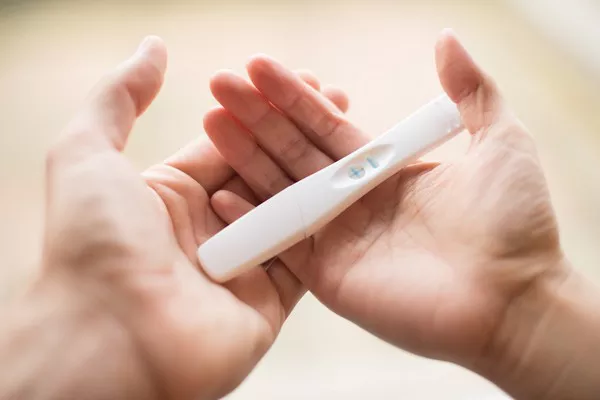As discussions around reproductive rights continue across Europe, there is a growing call for progress and justice in ensuring access to safe and legal abortions. The debate revolves around the need to guarantee reproductive justice for all individuals, emphasizing the importance of self-determination over one’s body and promoting gender equality.
Challenges Across Europe
European countries present a patchwork of regulations and restrictions concerning pregnancy termination. For example, Poland has seen a narrowing of circumstances allowing abortion, while Hungary now mandates pregnant individuals to listen to the embryo’s heartbeat before seeking a termination. In Italy, a significant number of doctors’ refusals to perform abortions hinder accessibility, and Finland debated a clause allowing such refusals. Malta has only slightly relaxed its complete ban on terminations.
In most European nations, abortion remains criminalized, subjecting medical professionals and patients to potential legal consequences if specific conditions are not met. This stigmatizes those who have undergone abortions, resulting in unsafe procedures and increasing the financial and organizational burdens associated with seeking abortions outside formal healthcare systems. Vulnerable groups, including People of Colour, individuals with precarious legal statuses, LGBTIQ+ individuals, young people, and those experiencing domestic abuse, often face even greater difficulties accessing abortions when needed.
Efforts for Improvement
While challenges persist, some European countries are taking steps to improve the situation. France is working towards enshrining the right to access abortions in its national Constitution, extending the legal period for abortions from the 12th to the 14th week of pregnancy. Spain has implemented reforms focused on the sexual and reproductive health and rights of pregnant individuals and marginalized groups, eliminating waiting times and obligatory consultations. Belgium is considering extending the legal abortion period to 18 weeks, while Germany has established a commission to explore the decriminalization of abortion.
Sweden and the Netherlands are viewed as leaders in ensuring abortion access, with Sweden having decriminalized abortions since 1976, and the Netherlands permitting abortions until the 22nd week of pregnancy.
Global Perspectives on Abortion
In contrast to debates at national and European levels, the World Health Organization (WHO) advocates a more radical approach to abortion rights. The WHO recommends complete decriminalization of abortion, with no gestational time limits, abolishment of grounds-based approaches, mandatory consultations, waiting periods, third-party authorizations, and conscientious objection by medical staff.
These recommendations are rooted in scientific research and a human rights-based approach, centering on the sexual and reproductive health and rights of those seeking abortions. They challenge existing regulations and emphasize the need for comprehensive access to reproductive healthcare.
Reproductive Justice: A Broader Perspective
The reproductive justice movement goes even further, advocating for a broader context that includes comprehensive sex education, access to various contraception methods, and birth justice. It highlights the political and societal undesirability often associated with pregnancies and parenthood among vulnerable groups. Reproductive justice envisions a world free from unequal power dynamics, violence, climate-related challenges, and social inequality, where individuals have agency over their lives.
In conclusion, while national and European debates continue to grapple with specific aspects of abortion rights, there is a growing urgency to prioritize reproductive justice for all. This vision encompasses not only access to safe and legal abortions but also a broader commitment to comprehensive sexual education, contraception options, and addressing societal inequalities.


